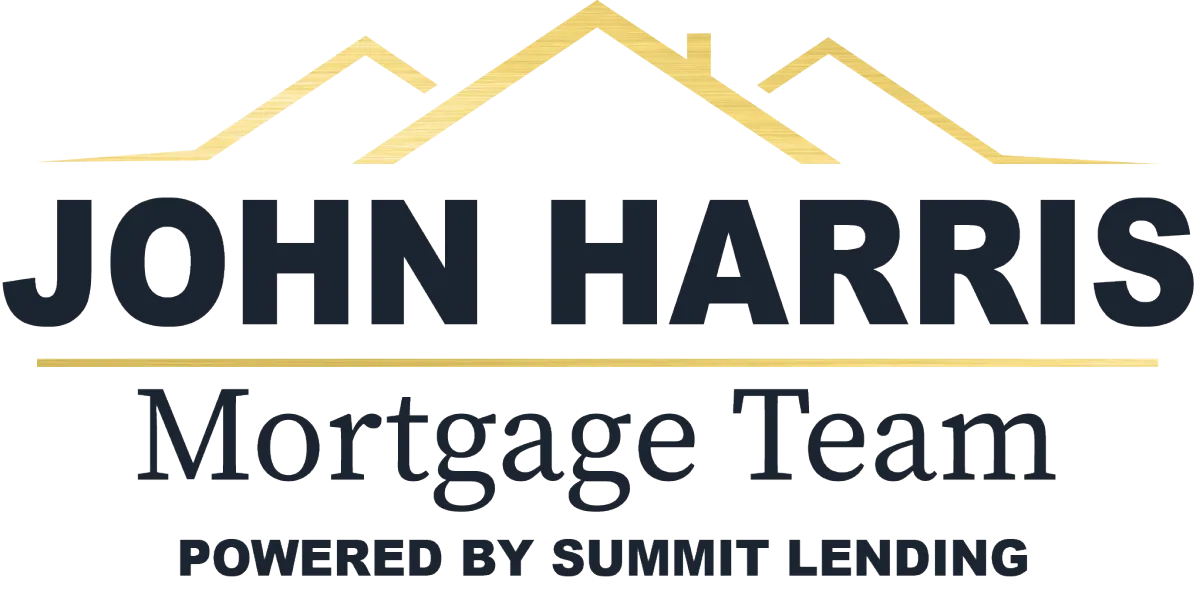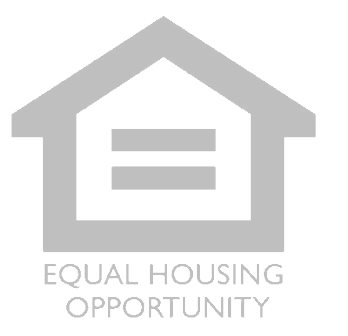
Call: (707) 398-1523
Email: [email protected]
NMLS# 2125723
FAQ
Frequently Asked Questions
Helping You Navigate the Mortgage Process with Confidence
Whether you're a first-time homebuyer, a seasoned investor, or a veteran using your VA loan benefits, we know the mortgage process can raise a lot of questions. Below are answers to the most common ones our clients ask — all designed to help you feel more informed and empowered.
What documents do I need to get pre-approved for a mortgage?
To get pre-approved, you'll typically need your last two pay stubs, two years of W-2s or tax returns (if self-employed), recent bank statements, a government-issued ID, and permission to pull your credit.
How much money do I need for a down payment?
Down payment requirements vary by loan type. FHA loans can require as little as 3.5%, conventional loans may start at 3–5%, and VA loans often require no down payment at all.
What’s the difference between pre-qualification and pre-approval?
Pre-qualification is an estimate based on basic financial info. Pre-approval is more official—it involves verifying your credit, income, and assets to give you a stronger position when making an offer.
What credit score do I need to buy a home?
Most lenders prefer a credit score of at least 620 for conventional loans. FHA loans allow scores as low as 580, and VA loans are flexible but often require a 620 minimum. The higher your score, the better your rate.
How does a VA loan work?
VA loans are backed by the Department of Veterans Affairs and are available to eligible veterans, active-duty service members, and surviving spouses. Benefits include no down payment, no PMI, and competitive interest rates.
What is included in my monthly mortgage payment?
Your payment typically includes principal, interest, property taxes, and homeowner’s insurance—this is often referred to as PITI. Some loans may also include mortgage insurance or HOA dues.
How long does the mortgage process take?
The average time from application to closing is 30–45 days, but it can vary based on your loan type, documentation speed, and appraisal timeline.
Can I buy a home if I’m self-employed?
Yes! You’ll need to provide at least two years of tax returns, profit and loss statements, and possibly bank statements to verify stable income.
What’s the difference between a fixed-rate and adjustable-rate mortgage?
A fixed-rate mortgage keeps the same interest rate for the life of the loan. An adjustable-rate mortgage (ARM) starts with a lower rate but can change after an initial fixed period, based on market conditions.
When should I consider refinancing my mortgage?
Refinancing might make sense if interest rates have dropped, your credit score has improved, or you want to switch loan types, reduce your term, or tap into home equity.
© Copyright 2025. John Harris Mortgage Team. All rights reserved.

Contact Info
[email protected]
(816) 268-4025
Copyright ©2022
|
Copeland Mortgage Company DBA Summit Lending | Arizona Mortgage Broker License #MB1013966NMLS #1850081 | Licensed In: AL, AZ, AR, CA, CO, FL, ID, GA, IA, KS, LA, MI, MN, MO, MT, NE, NC, OK, OR, PA, SC, TN, TX, UT, WA, WY, & VA |
www.nmlsconsumeraccess.org
toll-free number
877-91-HOMELOAN

